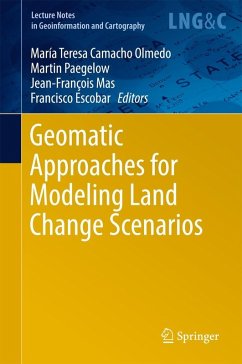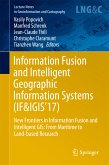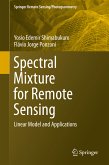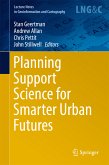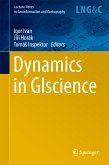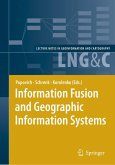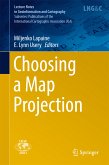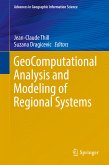This book provides a detailed overview of the concepts, techniques, applications, and methodological approaches involved in land use and cover change (LUCC) modeling, also known simply as land change modeling. More than 40 international experts in this field have participated in this book, which illustrates recent advances in LUCC modeling with examples from North and South America, the Middle East, and Europe. Given the broad range of geomatic approaches available, it helps readers select the approach that best meets their needs. The book is structured into five parts preceded by a foreword written by Roger White and a general introduction. Part I consists of four chapters, each of which focuses on a specific stage in the modeling process: calibration, simulation, validation, and scenarios. It presents and explains the fundamental ideas and concepts underlying LUCC modeling. This is complemented by a comparative analysis of the selected software packages, practically applied in various case studies in Part II and Part III. Part II discusses recently proposed methodological developments that have enhanced modeling procedures and results while Part III offers case studies as well as interesting, innovative methodological proposals. Part IV revises different fundamental techniques used in LUCC modeling and finally Part V describes the best-known software packages used in the applications presented in Parts II and III.
Dieser Download kann aus rechtlichen Gründen nur mit Rechnungsadresse in A, B, BG, CY, CZ, D, DK, EW, E, FIN, F, GR, HR, H, IRL, I, LT, L, LR, M, NL, PL, P, R, S, SLO, SK ausgeliefert werden.

